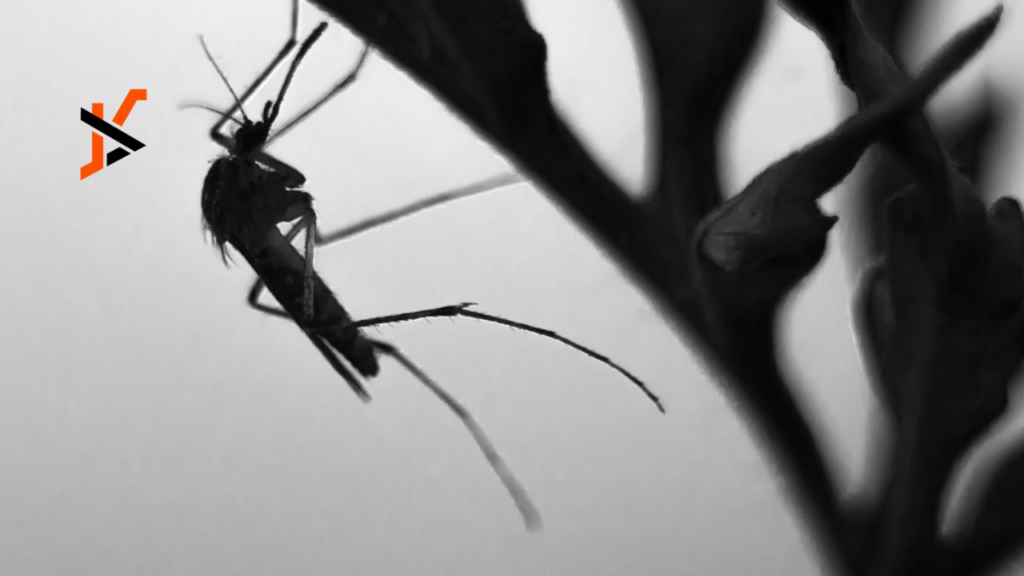Climate change is reshaping ecosystems around the globe, affecting numerous species, including mosquitoes. As temperatures rise and precipitation patterns shift, you may notice an increase in mosquito populations in your area. Effective mosquito control measures are more crucial than ever to protect public health from diseases like Zika and West Nile virus.
You might be surprised to learn how climate change influences mosquito abundance, breeding cycles, and habitats. Warmer temperatures can lead to longer breeding seasons and wider distribution areas. Understanding these dynamics is essential for implementing efficient control strategies that adapt to changing environmental conditions.
By exploring innovative mosquito control methods in the context of climate change, you will discover practical approaches to mitigate the risks associated with these pests. From biological control methods to community-based initiatives, you can consider a range of solutions to safeguard yourself and your community against the rising threats posed by climate-altered mosquitoes.
Climate Change and Mosquito Population Dynamics
Climate change significantly influences mosquito population dynamics by altering their distribution and behavior. Environmental factors shaped by global warming, such as temperature and precipitation, can create conducive and challenging conditions for these insects.
Shifts in Mosquito Population Distribution
Climate change induces shifts in the geographic distribution of mosquito populations. Rising temperatures expand the habitats suitable for mosquitoes, allowing species to colonize previously uninhabitable regions.
For instance, Aedes aegypti and Aedes albopictus can thrive in warmer climates, growing their presence in temperate zones. As weather patterns change, areas that once experienced frost can enable mosquitoes to breed year-round, increasing their population density.
Increased rainfall patterns also contribute to this shift, providing standing water essential for mosquito breeding. Consequently, regions that previously had limited mosquito problems may require enhanced control measures.
Global Warming Effects on Mosquito Behavior
Global warming influences mosquito behavior, particularly reproduction and feeding habits. Warmer temperatures can accelerate mosquito developmental cycles, resulting in faster breeding rates.
Additionally, mosquitoes tend to be more active during warmer months, leading to longer feeding seasons. Increased temperatures can also affect their host-seeking behavior, with mosquitoes optimizing their search for hosts during peak temperatures.
The increased activity and rapid reproduction directly correlate with higher incidences of mosquito-borne diseases. Understanding these behavioral adaptations becomes crucial for effective mosquito control strategies as the climate continues to change.
Implications for Mosquito Management in McKinney
Climate change significantly affects mosquito management strategies in McKinney, influencing both the challenges faced and the breeding patterns observed in local populations. Understanding these factors is essential for implementing effective control measures.
Challenges in Local Mosquito Management
Rising temperatures and increased rainfall in McKinney pose notable challenges for mosquito management. Warmer conditions can enhance mosquito survival and reproduction rates, leading to larger populations.
Increased precipitation creates more breeding sites, such as standing water in yards, ditches, and containers. These conditions necessitate more frequent inspections and treatments to control outbreaks.
Adapting to changing weather patterns requires local authorities and residents to remain vigilant. Public education efforts are key to fostering community involvement in monitoring and reducing standing water.
Impact on Mosquito Breeding Patterns
Climate change alters the environmental conditions that mosquitoes rely on for breeding. Warmer temperatures can accelerate the life cycle of mosquitoes, reducing the time from egg to adult.
More extreme weather events in McKinney lead to erratic water levels, impacting traditional breeding sites. Mosquito species may expand their habitats, finding new areas to reproduce.
You may also notice shifts in species composition. A rise in invasive species can introduce new diseases, requiring updated management strategies focusing on both native and non-native mosquitoes. Collaboration between health authorities and researchers is crucial to tracking these changes and adapting control measures accordingly.
Adaptation and Innovation in Mosquito Control
Climate change has directly influenced mosquito distribution and behavior. As conditions shift, adapting mosquito control strategies and innovating new solutions become essential to managing this public health issue effectively.
Adaptive Control Strategies
Due to the region’s changing climate, adaptive mosquito control strategies are critical in McKinney. These strategies include surveillance programs that track mosquito populations and disease transmission.
Local authorities can modify control measures using real-time data, enhancing their effectiveness. For instance, implementing targeted insecticide applications during peak mosquito activity reduces environmental impact while increasing efficacy. Collaboration with community stakeholders further strengthens these efforts, ensuring that public health initiatives resonate at the local level.
Innovative Mosquito Control Solutions
Innovative solutions are emerging to address the challenges posed by climate-driven mosquito issues. For example, the use of genetically modified mosquitoes presents a promising approach. These mosquitoes are engineered to reduce breeding populations, effectively decreasing disease transmission.
Another innovative method employs biological control agents, such as predators or pathogens, that target mosquito larvae. This sustainable approach minimizes reliance on chemical pesticides.
When faced with persistent mosquito problems, consider professional help. Buckaroo Services has a fantastic reputation and online customer reviews because it provides high-quality work and great customer service. Call Buckaroo Services at (469) 598-0560 for a free inspection to deal with any wildlife or pest removal issues on your property.

